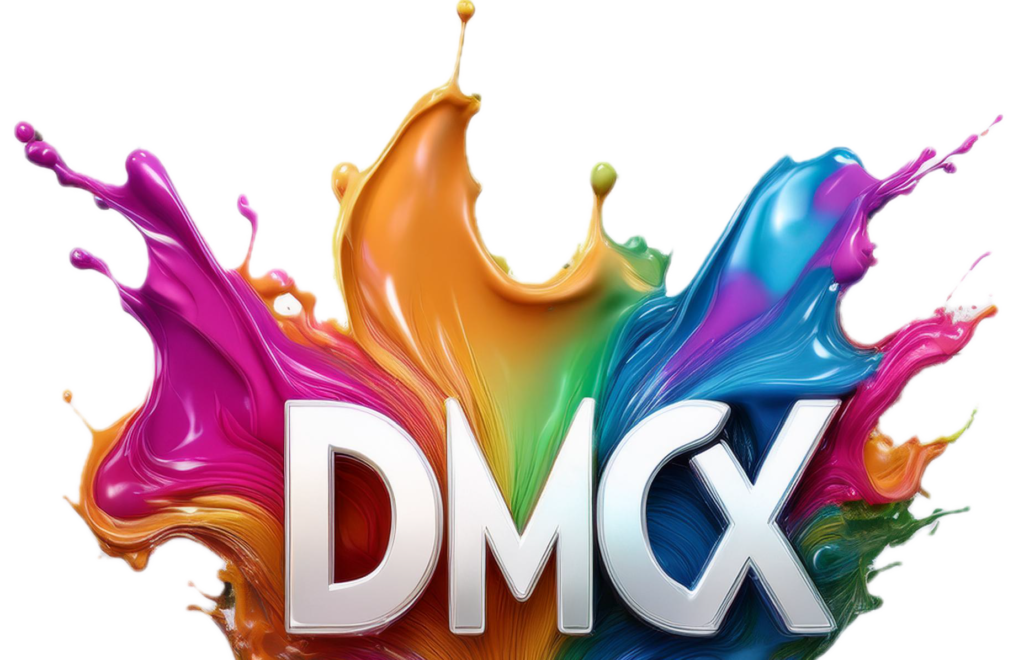Before reading this post, we invite you to watch the classic videos below.
When it comes to creating a memorable movie experience, the power of a well-crafted soundtrack cannot be underestimated. A movie’s soundtrack plays a crucial role in enhancing the overall emotional impact, immersing the audience in the story, and creating a lasting impression. In this article, we will explore the critical aspects of developing a sound and engaging movie soundtrack and discuss why soundtracks are so integral to the success of the movie as a whole.
The Role of Soundtracks in Movies
A movie soundtrack serves as the auditory backdrop to the visual storytelling. It sets the mood, evokes emotions, and guides the audience’s emotional journey throughout the film. A well-executed soundtrack complements the narrative, enhances the on-screen action, and helps to establish the atmosphere and tone of the movie.
Soundtracks can transport viewers to different time periods, locations, or even imaginary worlds. They can intensify suspense, heighten drama, or evoke nostalgia. By using a combination of music, sound effects, and dialogue, soundtracks have the power to immerse the audience in the story and create a deeper connection with the characters and events on screen.
The Critical Aspects of Developing a Movie Soundtrack
1. Understanding the Story and Characters
A successful movie soundtrack begins with a deep understanding of the story, its themes, and the characters’ emotional arcs. The composer or music supervisor needs to grasp the essence of the film and align the music with its intended message. By studying the script, discussing with the director, and analyzing the character development, the soundtrack can be tailored to enhance the audience’s emotional engagement.
2. Collaboration and Communication
Developing a movie soundtrack is a collaborative process that involves effective communication between the director, composer, and other key stakeholders. Regular meetings and discussions are essential to ensure that everyone is on the same page and working towards a unified vision. Open dialogue allows for the exploration of different musical ideas and ensures that the soundtrack aligns with the director’s creative vision.
3. Originality and Innovation
A standout movie soundtrack often incorporates original compositions or innovative use of existing music. By creating unique melodies, themes, or motifs, composers can establish a signature sound that becomes synonymous with the film. Additionally, the strategic use of existing songs or popular music can add familiarity or cultural relevance to the movie, further enhancing its impact.
4. Emotional Resonance
The emotional resonance of a movie soundtrack is crucial to its success. The music should evoke the intended emotions, whether it be joy, sadness, fear, or excitement. By carefully selecting the right instruments, melodies, and harmonies, composers can create a sonic landscape that intensifies the audience’s emotional experience and strengthens their connection to the characters and story.
5. Timing and Pacing
The timing and pacing of the soundtrack play a significant role in the overall effectiveness of a movie. The music should seamlessly integrate with the on-screen action, enhancing the dynamics and rhythm of the film. Well-timed musical cues can heighten suspense, emphasize key moments, or provide a sense of closure. By paying attention to the pacing, the soundtrack can effectively guide the audience through the narrative.
The Impact of Soundtracks on Movie Success
Soundtracks have a profound impact on the success of a movie. A well-received soundtrack can become iconic, gaining recognition and appreciation beyond the film itself. Memorable themes or songs can become synonymous with the movie, evoking strong emotions and creating a lasting impression on the audience.
Moreover, a carefully crafted soundtrack can enhance the overall cinematic experience, making the movie more immersive and memorable. It helps to create a cohesive audiovisual experience that resonates with viewers long after they leave the theater. A powerful soundtrack can also contribute to positive word-of-mouth, generating buzz and increasing the film’s popularity.
In conclusion, developing a sound and engaging movie soundtrack requires a deep understanding of the story, effective collaboration, originality, emotional resonance, and careful attention to timing and pacing. Soundtracks are integral to the success of a movie as they enhance the overall emotional impact, immerse the audience in the story, and create a lasting impression. When done right, a well-crafted soundtrack can elevate a movie from good to unforgettable, leaving a lasting impact on viewers.
























